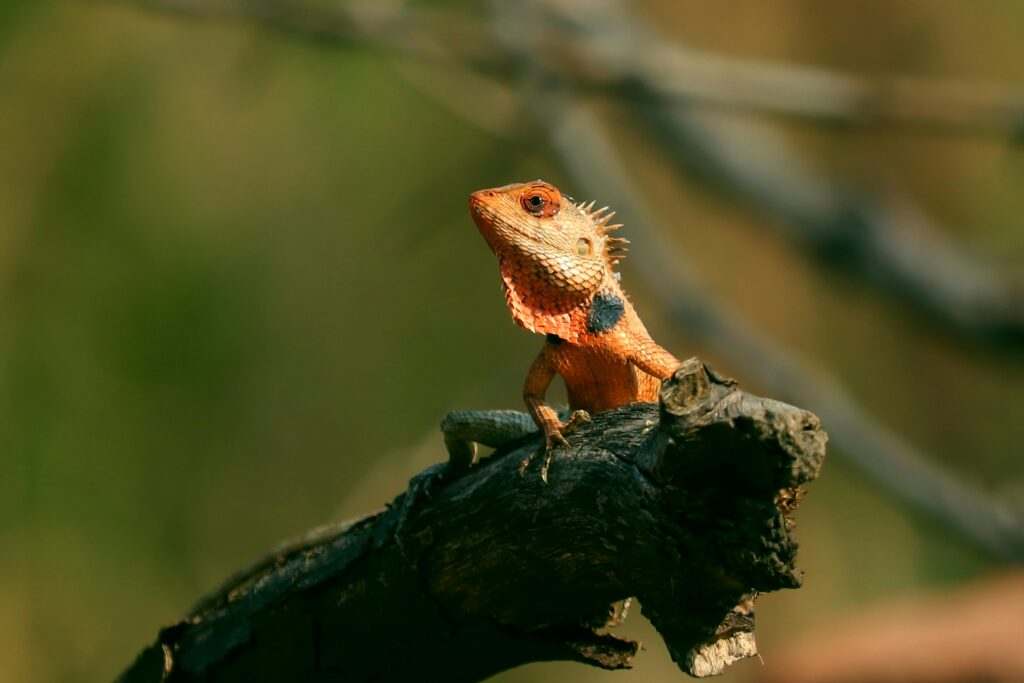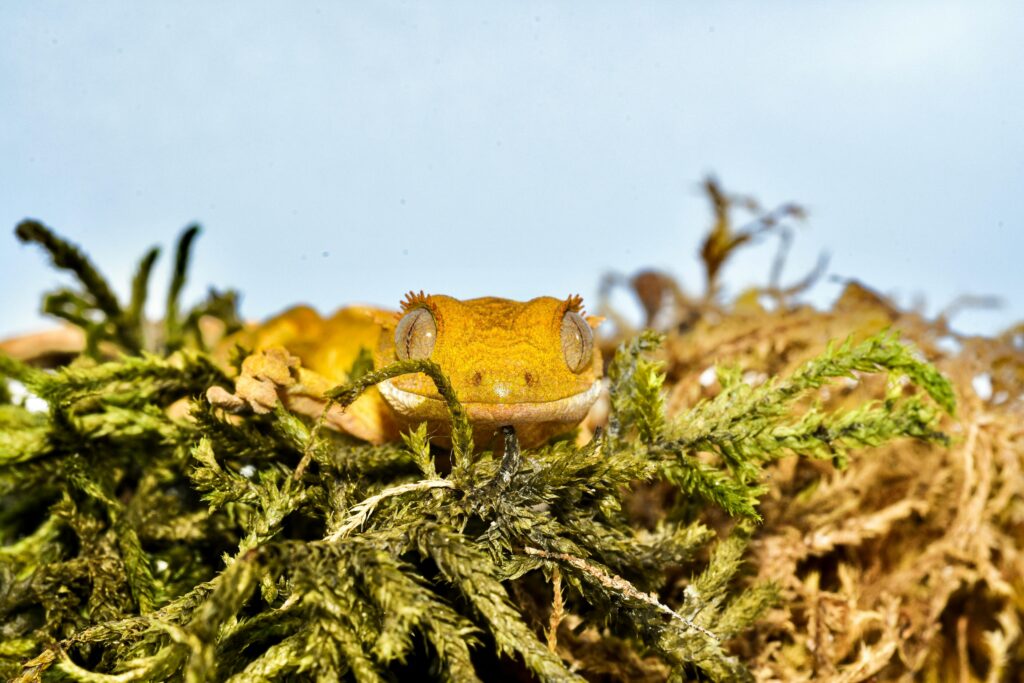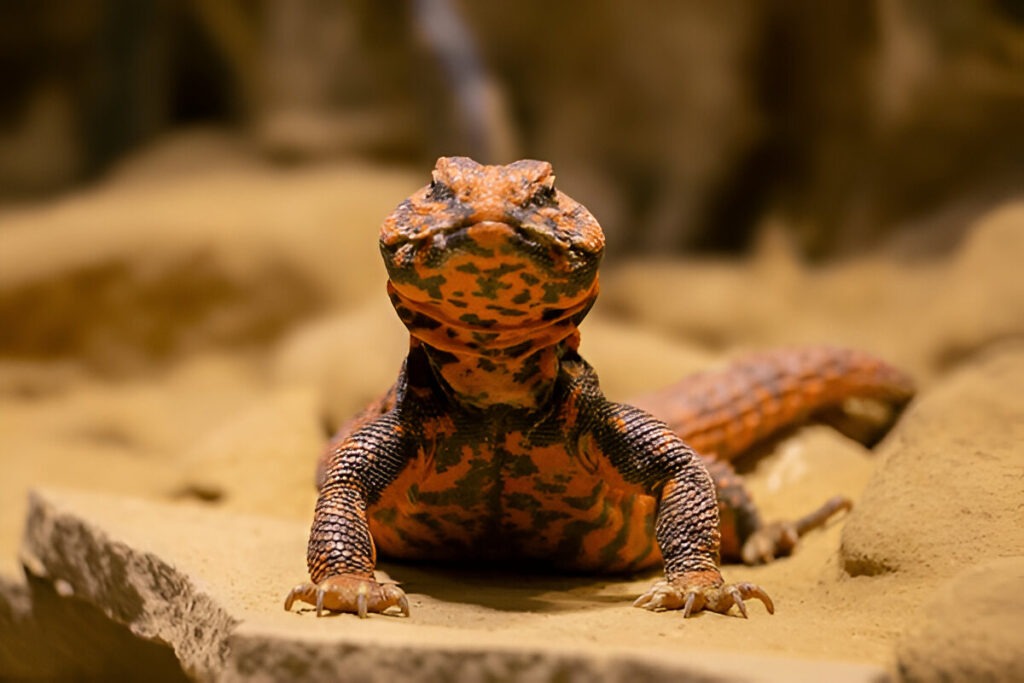
Leopard geckos, scientifically called Eublepharis macularius, are favorite companion pets due to their non-aggressive behavior, ease of caring for them, and captivating appearance.
Scientifically known as Eublepharis macularius, leopard geckos are popular pets because they are docile and easy to look after, and have an appearance that the people find beautiful. Plus, a leopard gecko could make such an extraordinary subject for pictures and video that anyone would want one! But if you are thinking of keeping one, there are a few things you should know first. Many potential leopard gecko owners wonder what is the lifespan of such creatures. Understanding the lifespan of a leopard gecko can help to keep their keepers well informed and, presumably, also assures that their pet will live a long, healthy life.
Average Lifespan of Leopard Geckos
Leopard geckos have a relatively long lifespan paired with other small pets. Under proper care, a leopard gecko can live between 10 to 20 years on average. This range may vary according to several factors including genetics, diet, habitat, and overall health care.
Different leopard geckos from the same pair of parents may easily live for different lengths of time. Part may be luck and part may be the nature of their lives, but some leopard geckos are certain to have longer lives than others. It follows that these are also factors in determining our question: what causes some geckos to live longer than others?
Genetics:

As in humans, genetics play an important role in determining the lifespan of leopard geckos. Instead, one gecko might inherit a stronger immune system or overall health which could add up to a longer life round the corner!
Diet:
Eating a balanced, nutritious diet is key to the health and long life of leopard geckos. In their natural habitat, leopard geckos mainly feed on insects. As pets, they should be fed a variety of insects such as crickets, mealworms, and dubia roaches at different stages This is the food that gut loads (is fed nutritious food before being used in order to give it a certain nutritional value) the may well be fed to a gecko.
In addition, it is essential to offer reptilian calcium and vitamin D3 supplements in order to prevent metabolic bone disease, a common health problem in captive reptiles.
Habitats:
The place where a leopard gecko lives can have a great influence on its lifespan. A normal habitat contains:
Temperature: Leopard geckos are ectothermic. They depend on external heat sources in order to regulate their body temperature. The housing should provide a temperature gradient, with temperatures of around 88-92 °F (31-33 ° C) on one side and 75-80 °F (24-27 Celsius) on the other.
Humidity: Appropriate humidity is also important for their molting process. So having a damp area called humidity hide within their nursery box will promote the process of molting and offset associated woes such as retained shed.
Light: Leopard geckos do not need UVA light like many other reptiles, but keeping a regular photoperiod from daytime to night-time can help regulate their physiological rhythms.
Space & Therapy: If a leopard gecko is to live under the sun, it needs ample space in which to roam about. It also needs fun stuff to keep its life interesting such as hiding places, climbing toys and a moist hide for shedding.
Veterinary Care:
Regular vet check-ups with a vet that has experience with reptiles can help catch and treat health problems early. Three of the most common health issues of leopard geckos are respiratory infections, parasites, and metabolic bone disease. Early treatment for these conditions can greatly lengthen their lives.
Healthy Signs of a Leopard Gecko’s Health

Owners should monitor their leopard geckos, looking for signs of good health:
Regular eating and drinking habits
Bright eyes; free of watering or matter
Full of spirit and watchful
Silky together with a full skin liner
Regular good bowel habits
In Conclusion
Leopard geckos are long-lived pets, which when given proper care and a proper environment can live an average 15-20 years. By understanding the factors that influence their life expectancy and making plans to ensure their health and happiness, owners can enjoy the company of these fascinating creatures for many years. For beginner and veteran leopard gecko pet owners alike, the most heartfelt thing that you can do is to provide a warm, comfortable and cozy home for your little friend.

Yuns Legdm is a passionate advocate for pet care and the founder of this website, dedicated to providing valuable information for fellow pet lovers and veterinary professionals worldwide. With a deep love for animals, Yuns created this platform to connect passionate pet owners with expert insights from veterinarians around the globe.
This website grows with you—the passionate pet owners and veterinary experts—creating a trusted space where knowledge, experience, and love for animals come together. Whether you’re seeking advice on pet health, nutrition, or general well-being, this platform is here to support you on your journey of responsible and loving pet care.




